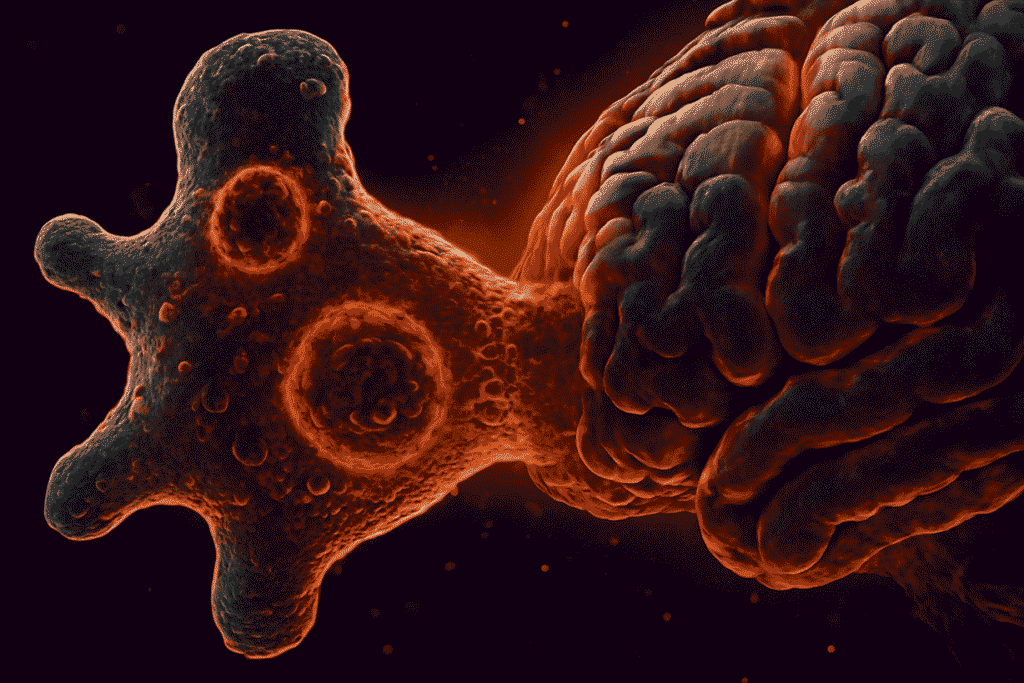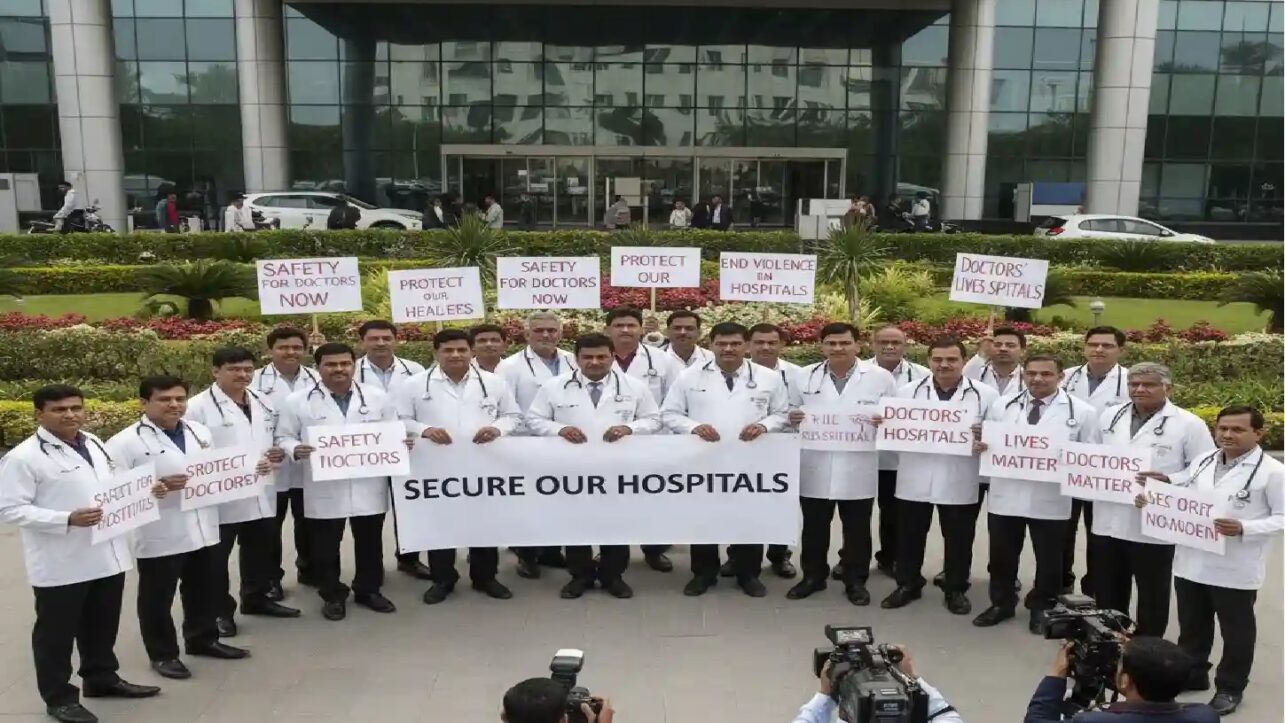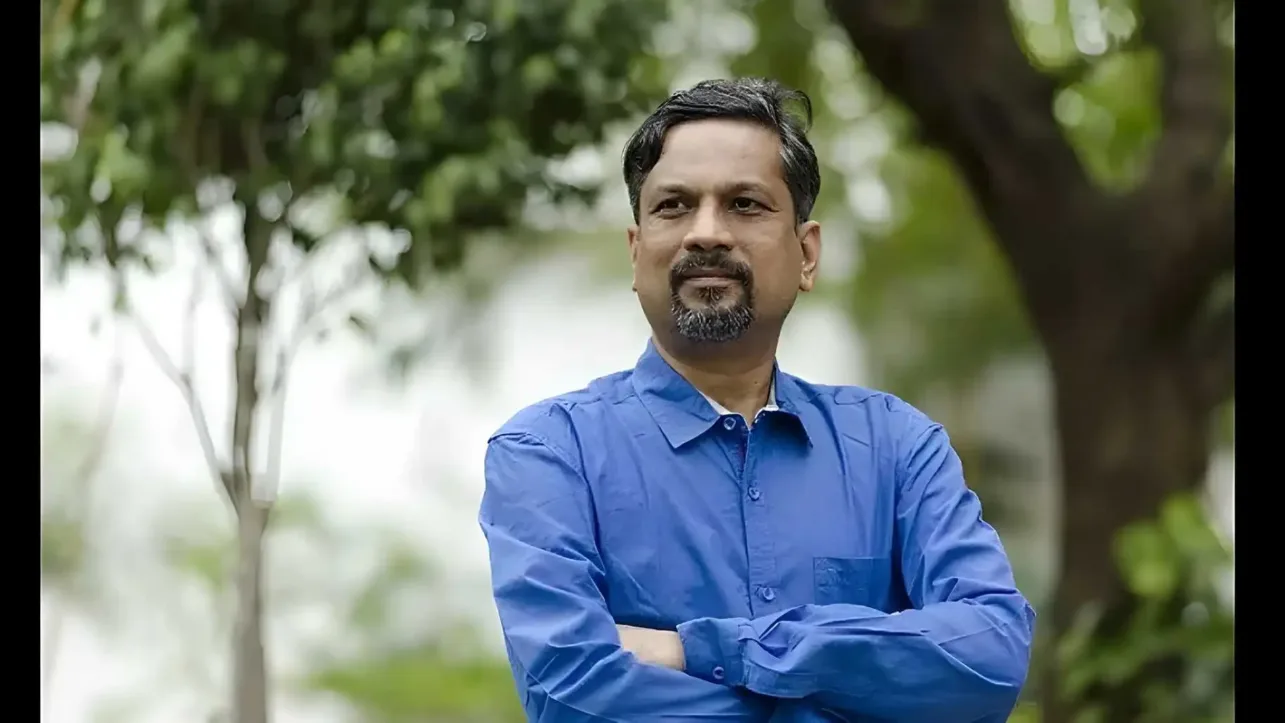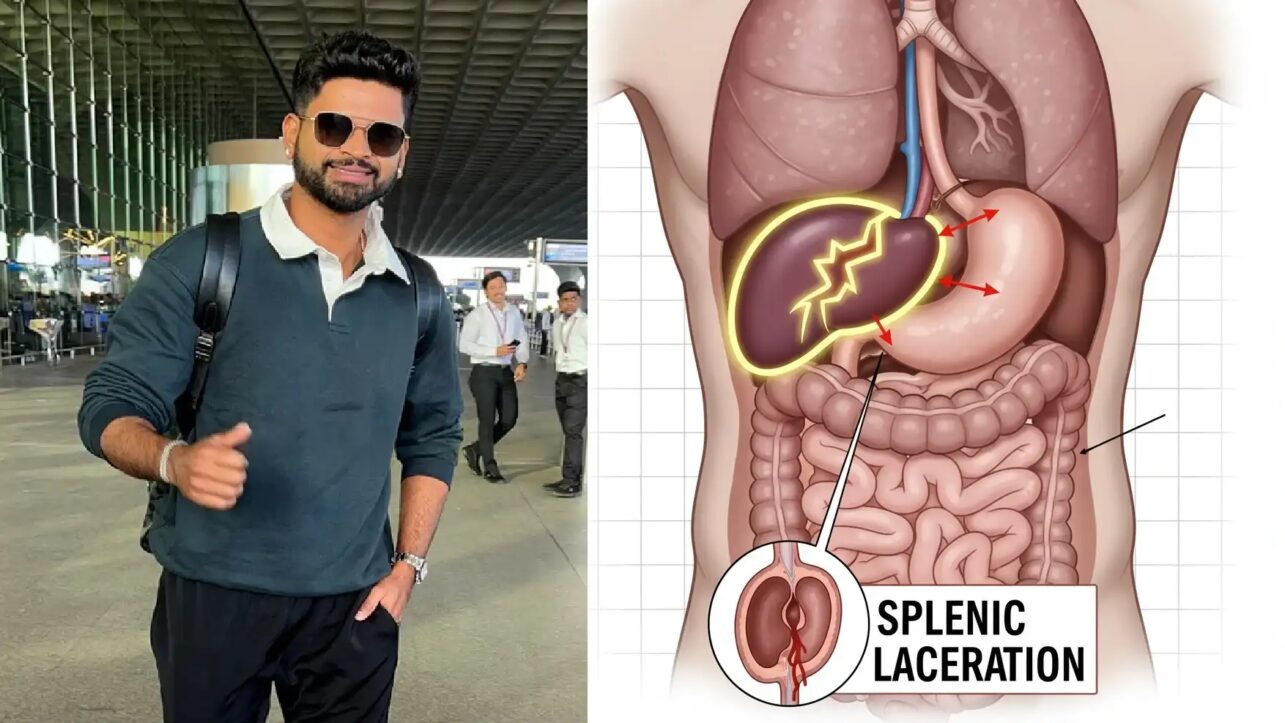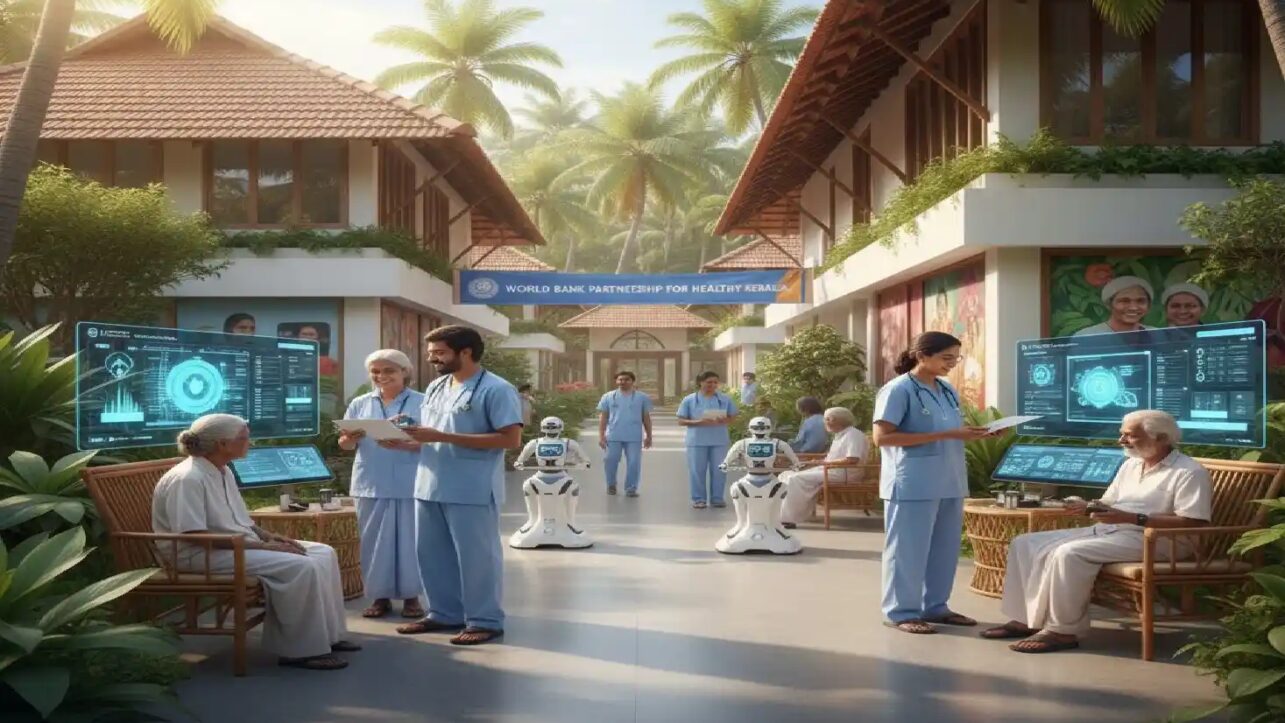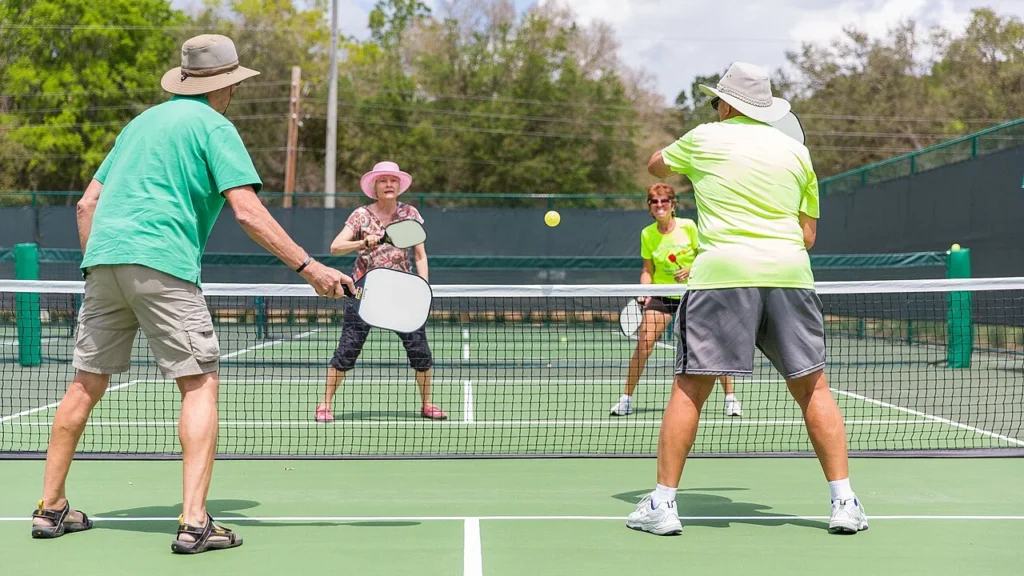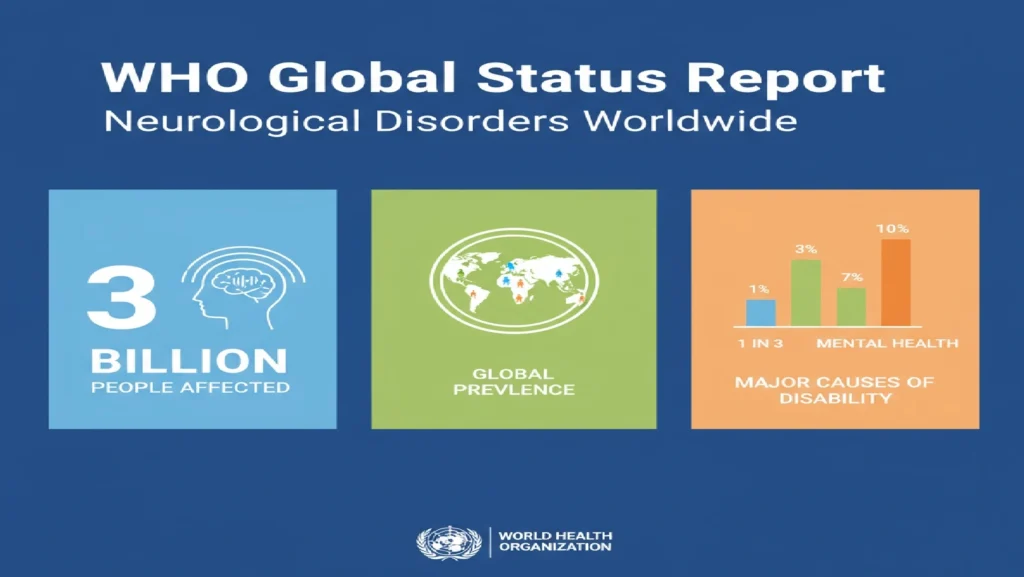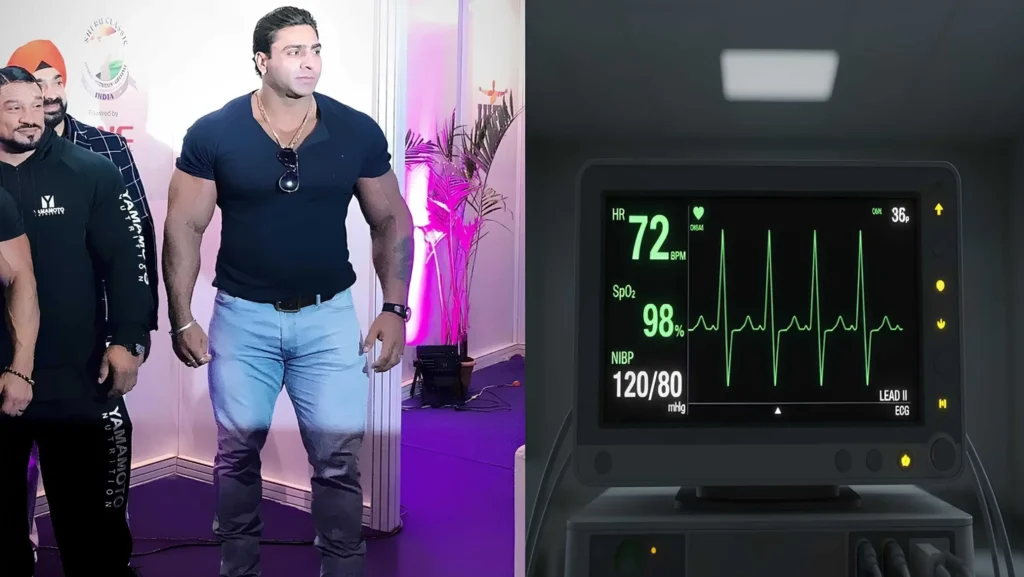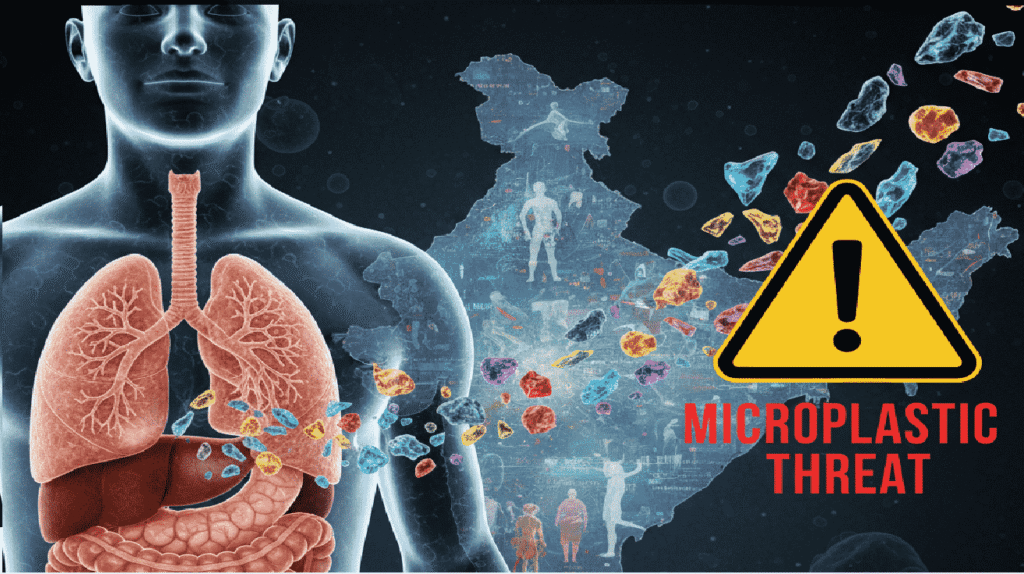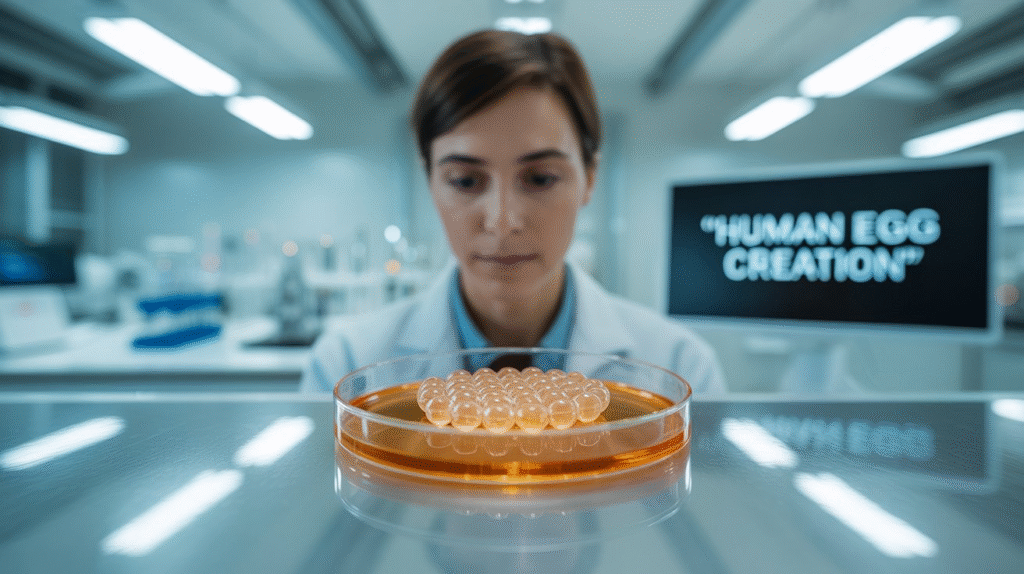Kerala is grappling with a dangerous and rapidly escalating public health crisis in 2025 as cases of amoebic meningoencephalitis caused by the brain-eating amoeba Naegleria fowleri surge across the state. As of mid-September, official figures report 67 infections and 18 deaths, sparking alarm among health officials and the public alike.
The free-living amoeba, which thrives in warm, stagnant, or poorly chlorinated freshwater, causes a rare but often fatal brain infection. The parasite enters the body through the nose, frequently during swimming or bathing in unsafe water, and migrates to the brain, causing intense inflammation and rapid neurological decline.
A recent case involved a 17-year-old boy from Thiruvananthapuram, who contracted the infection after bathing in a local swimming pool, leading authorities to shut down and sanitize the facility as part of containment efforts. Several districts, including Malappuram and Kozhikode, have reported clusters of infections, with victims ranging in age from infants to elderly adults.
Health Minister Veena George has issued urgent calls for vigilance, emphasizing strict water safety measures. “We must avoid bathing or washing the face in stagnant or polluted water, especially water bodies where cattle are bathed. Household wells should be scientifically chlorinated, and public swimming pools maintained with proper documentation of cleanliness,” she stated.
Despite swift government action—such as fever surveillance, public awareness drives, and chlorination campaigns—the infection’s rapid progression and fatality rate (estimated globally at 95–98%) present a formidable challenge. Experts highlight the need for early diagnosis and treatment, although options remain limited and often ineffective once neurological damage occurs.
The outbreak raises critical concerns about water safety infrastructure and climate factors that may contribute to the amoeba’s proliferation in Kerala’s tropical environment. Researchers urge intensified scientific investigation into prevention, treatment, and monitoring.
Prevention of Brain Eating Amoeba- Amoebic Meningoencephalitis:
- Avoidance of diving and jumping into stagnant freshwater.
- Consider using nose plugs for unavoidable exposures or pinching your nose shut when diving or swimming in freshwater.
- Keep your head above water when swimming in freshwater, hot springs, and other untreated thermal bodies of water.
- When participating in water-related activities, avoid digging, or stirring up the sediment.
- Use boiled, filtered, or sterile water for nasal or sinus irrigation, not tap water.
- Wading pools should be emptied each day.
- Swimming pools/water theme parks and spas should be kept clean, chlorinated and maintained correctly.
- Keep sprinklers and hoses away from noses.
- Flush still water from hoses before letting children play with them.
If you are using unchlorinated water:
- Don’t let water go up your nose when showering or washing your face.
- Watch children playing with hoses or sprinklers.
- Teach children not to squirt water up their nose.
Kerala’s health system is mobilizing resources to address the outbreak, but public cooperation remains vital. Residents are urged to ensure water does not enter their nostrils during bathing, avoid swimming in unchlorinated water bodies, and maintain water storage sanitation at home.
As per updated figures released by the Kerala health authorities and reported by India Today, Kerala has confirmed 67 cases and 18 deaths due to brain-eating amoeba in 2025.
For official preventive guidelines and more information, residents can consult Kerala’s government health advisories here:
Kerala Health Department Technical Guidelines (PDF)
and monitoring updates from the National Centre for Disease Control:
National Centre for Disease Control – NCDC

